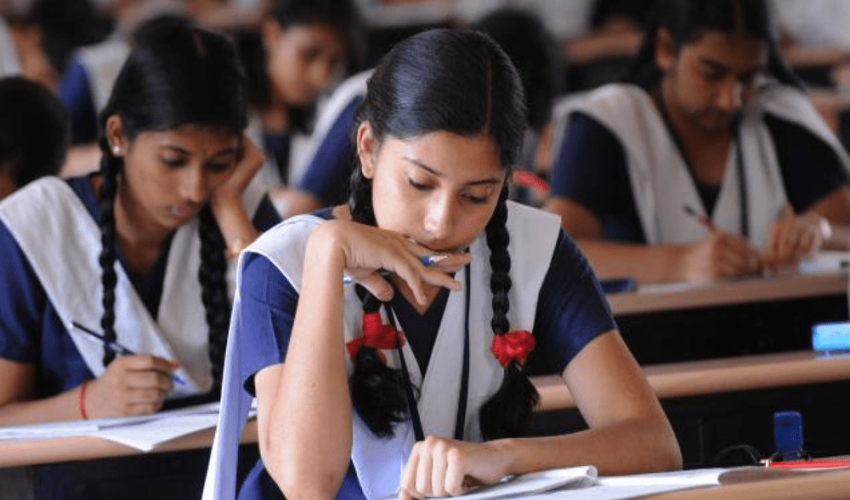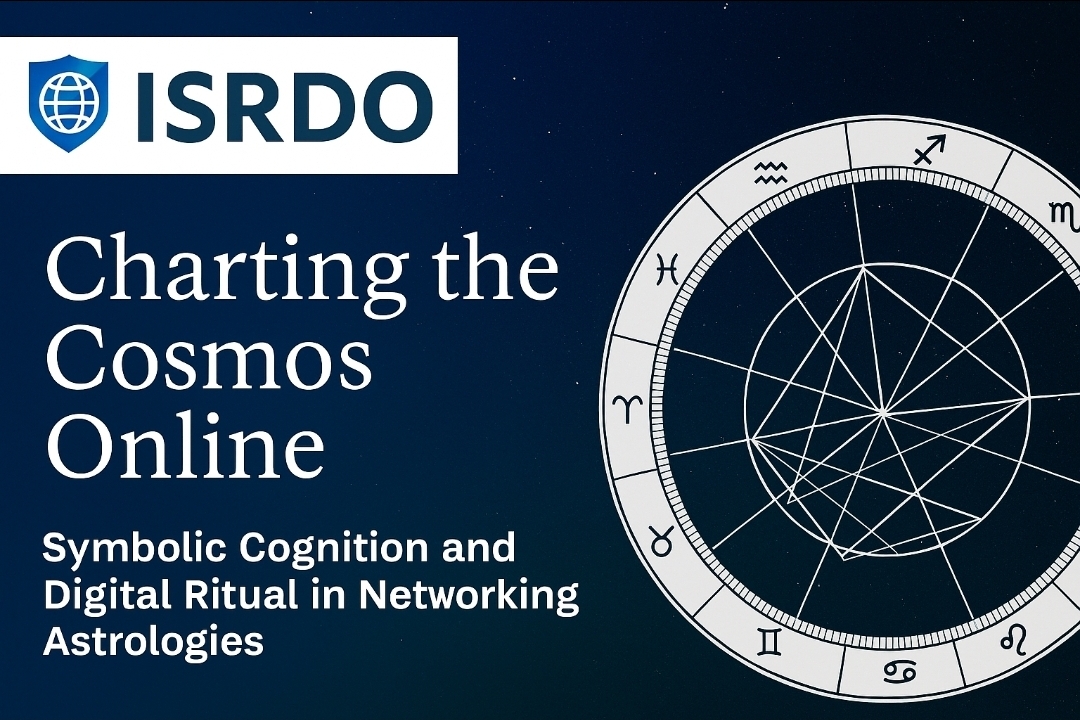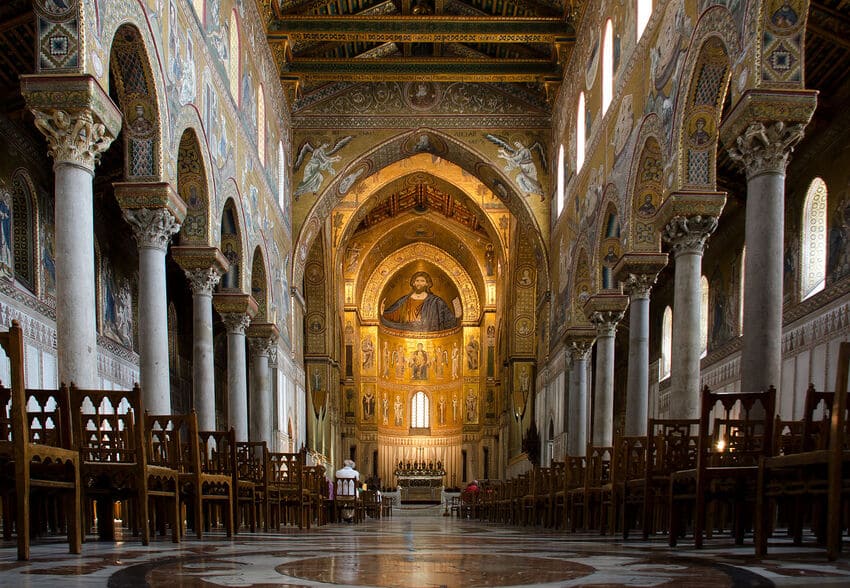
Education
Education is the process of facilitating learning, or the
acquisition of knowledge, skills, values, beliefs, and habits. Educational
methods include teaching, training, storytelling, discussion and directed
research. Education frequently takes place under the guidance of educators,
however learners can also educate themselves. Education can take place in
formal or informal settings and any experience that has a formative effect on
the way one thinks, feels, or acts may be considered educational. The
methodology of teaching is called pedagogy.
Formal education is commonly divided formally into such
stages as preschool or kindergarten, primary school, secondary school and then
college, university, or apprenticeship.
Formal education occurs in a structured environment whose
explicit purpose is teaching students. Usually, formal education takes place in
a school environment with classrooms of multiple students learning together
with a trained, certified teacher of the subject. Most school systems are
designed around a set of values or ideals that govern all educational choices
in that system. Such choices include curriculum, organizational models, design
of the physical learning spaces (e.g. classrooms), student-teacher interactions,
methods of assessment, class size, educational activities, and more.
- Education and Society
- Education & Human Development
- Education & Heritage
- Educational Psychology
- Philosophy and Education
- Educational Evaluation
- Guidance and Counselling
- Sociology and Education
- Issues and Trends in contemporary Education
- History and Development of Education
- Educational Technology
- Psychology of Adjustment
- Sociological Foundation and Educational Administration
- Education in Ancient and Medieval
- Development of Education in Independent
- Personality Development
- Human Rights Education
- Life Long Education
Recent Published
Submit Manuscript
To give your manuscript the best chance of publication, follow these policies and formatting guidelines.


